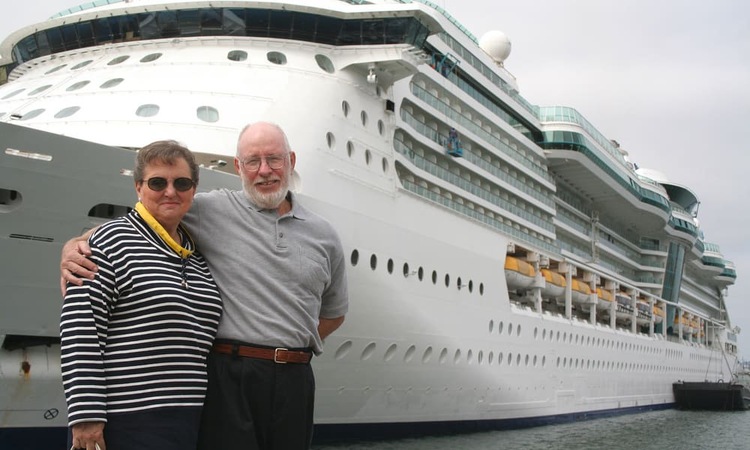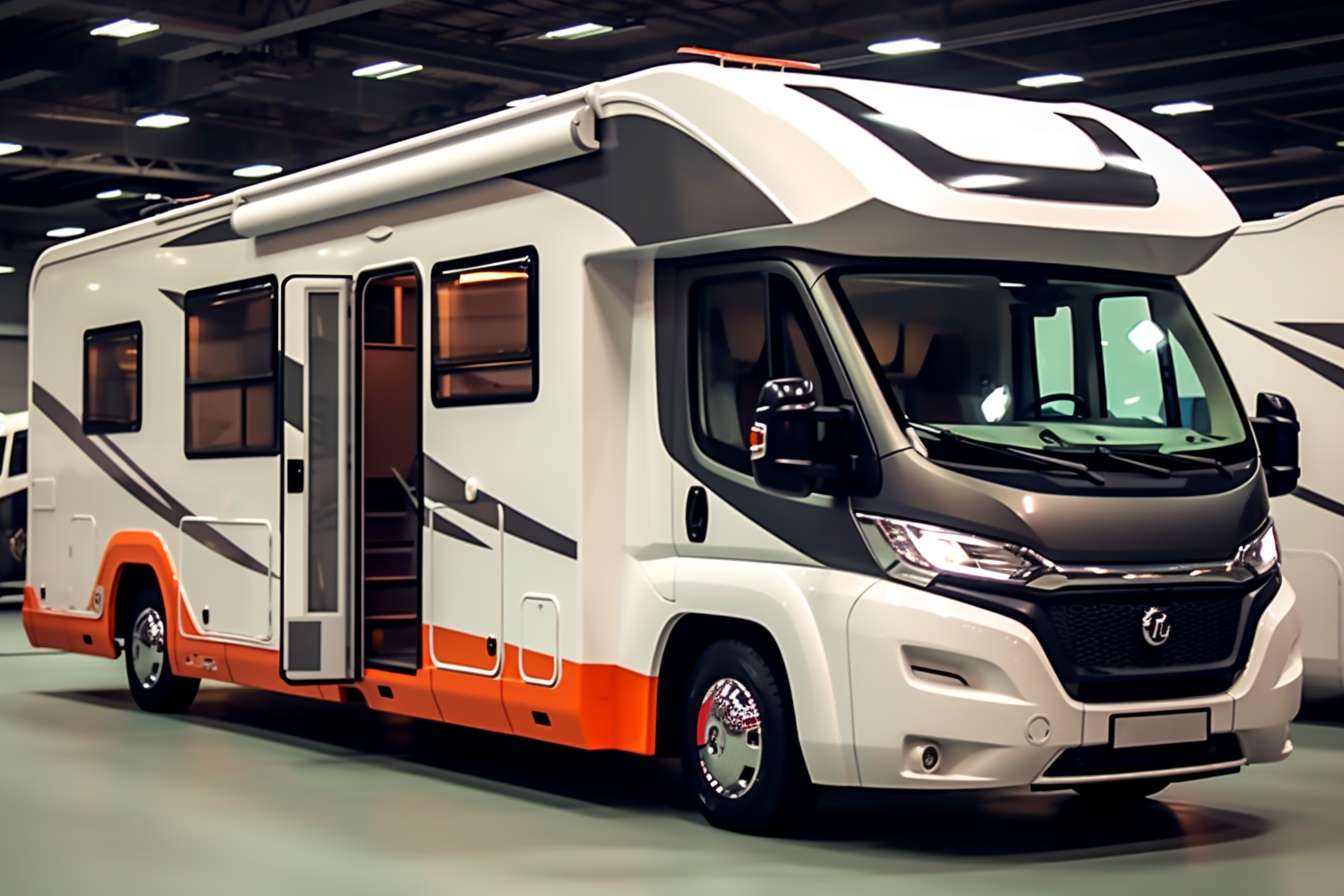2026 Guide to Escorted Coach and Cruise Holidays
In 2026, escorted coach and combined coach-plus-cruise holidays remain popular options for older travellers from Ireland. These trips often include door-to-door pickup services, manageable walking distances, and paced itineraries suitable for those seeking comfortable travel arrangements within and beyond Ireland.

Escorted Coach and Coach-Plus-Cruise Holidays in 2026
For many travellers aged 70 and over from Ireland, escorted coach holidays and combined coach-plus-cruise tours continue to provide accessible and comfortable ways to explore both Ireland and neighbouring countries. These trips typically combine coach transportation with short river, lake, or coastal cruises, and often include door-to-door collection services from the traveller’s home or a nearby agreed pickup point.
Such arrangements aim to reduce the stresses commonly associated with transfers and long journeys. The itineraries are generally designed with gentle walking requirements and a steady daily pace suited for older adults. Accommodation is often half-board, with guided sightseeing and local excursions including at least some boat travel.
Types of Holidays and Destinations
There are several types of escorted coach and coach-plus-cruise holidays available in 2026, catering to different interests and durations:
- Short Breaks (3-5 days): These usually cover nearby scenic areas, historic towns, or cultural attractions within Ireland or on the island of Ireland.
- Week-Long Tours: These tours often explore broader regions of Ireland or extend to the UK and continental Europe, featuring a mix of cultural and natural highlights.
- Extended European Tours: Comprehensive itineraries that combine Ireland departures with visits to multiple European countries, often integrating river cruises with coach travel.
Available cruise segments tend to be river cruises, ferry crossings, or harbour excursions, rather than ocean cruises departing directly from Ireland.
Door-to-Door Pickup Services
Door-to-door pickup is a notable feature for many senior-focused coach holidays departing from Ireland. This service eliminates the need for seniors to arrange independent travel to a central departure point like a coach station or airport.
Key elements include:
- Collection directly from the traveller’s home or a nearby accessible location.
- Transfer by minibus or coach to the main tour coach or cruise departure point.
- Assistance with luggage and boarding as needed.
This service, where available, is designed to support travellers with reduced mobility or those who prefer minimal logistical challenges. However, availability and coverage areas may vary depending on the tour operator and location within Ireland.
Accessibility and Pace
Tours suitable for older travellers often emphasise:
- Slow to moderate walking speeds with frequent rest breaks.
- Limited distances covered on foot during excursions.
- Accommodation chosen for comfort and easy access.
- Options for assistance during outings and transport.
These considerations aim to facilitate ease of travel and minimise fatigue, providing a more relaxed experience.
Documentation and Travel Requirements
In 2026, travellers from Ireland considering escorted coach or coach-plus-cruise holidays should ensure the following:
- Valid passport for travel outside the Republic of Ireland, especially for tours entering the UK or EU countries.
- Appropriate travel insurance, including coverage for pre-existing medical conditions where applicable.
- Any required visas for destinations outside Ireland. Many European destinations allow visa-free entry for Irish citizens, but confirmation is advised.
- Identification and health documentation requested by specific tour providers.
Providers and Group Sizes
Several companies specialise in escorted holidays for older adults departing from Ireland. The size and composition of groups can vary considerably:
- Small-Group Tours: Typically under 20 travellers, these tours focus on personalised attention, often at a leisurely pace.
- Larger Escorted Coach Tours: These may include 30 or more participants and tend to have a more structured schedule.
When selecting a tour, reviewing up-to-date feedback and examining sample itineraries can help travellers ensure the tour matches their preferences and mobility needs.
Planning and Booking
Although this guide does not promote specific vendors, it is recommended that prospective travellers consider:
- Clarifying details about pickup locations and times.
- Confirming included services such as meals and excursions.
- Understanding cancellation and refund policies.
Planning well in advance is common to secure preferred dates and accommodation types, especially for travel during peak seasons.
Typical Costs in Ireland (2026)
When considering escorted coach and coach-plus-cruise holidays from Ireland, price ranges can vary depending on accommodation, trip length, and included features:
- Basic option: Around €400 to €700 for short breaks of 3-5 days, often including coach travel and some meals.
- Standard option: Approximately €700 to €1,200 for week-long tours combining coach travel with local cruises and half-board accommodation.
- Premium option: Typically €1,200 to €2,000 or more for extended tours, larger cruise segments, and more upscale lodging or amenities.
Prices generally exclude personal expenses, travel insurance, and optional extras.
Summary
In 2026, escorted coach and coach-plus-cruise holidays available to older travellers from Ireland continue to offer structured, accessible travel options with features such as door-to-door pickup and manageable excursion pacing. These trips commonly include a combination of coach transport with shorter cruise experiences and place emphasis on comfort, ease of access, and safety. Understanding typical itineraries, costs, accessibility, and necessary documentation can assist Irish travellers aged 70 and over in planning appropriate and enjoyable holiday experiences.




